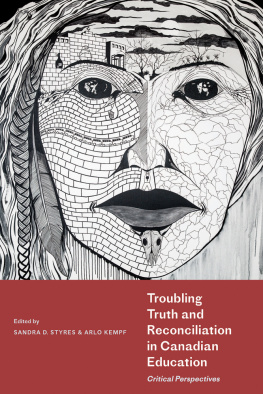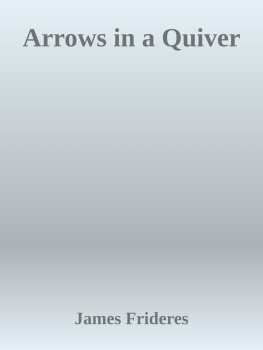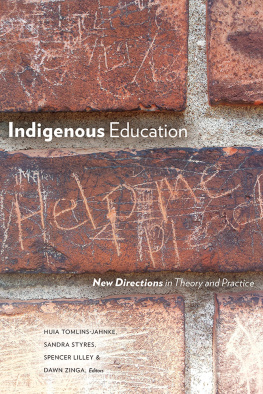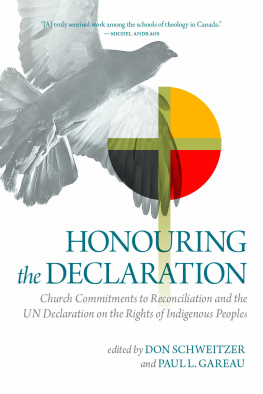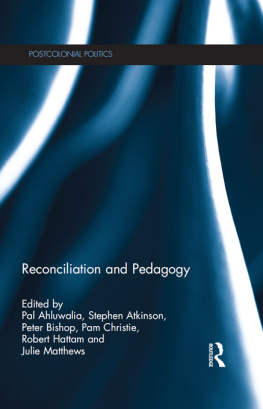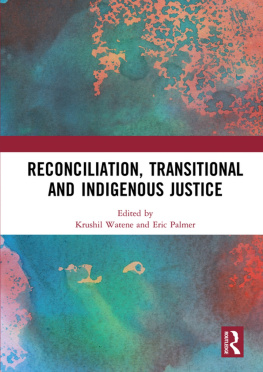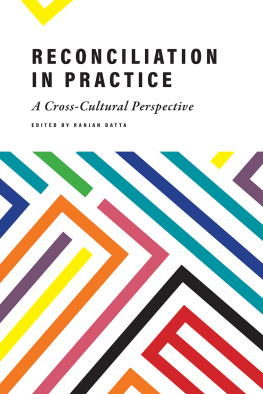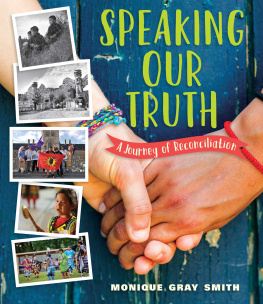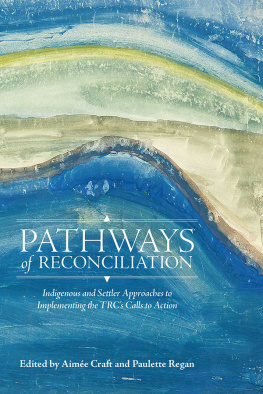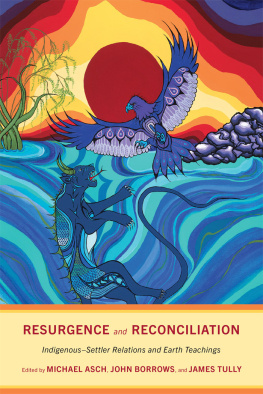

Published by
University of Alberta Press
1-16 Rutherford Library South
11204 89 Avenue NW
Edmonton, Alberta, Canada T6G 2J4
Amiskwacwskahican | Treaty 6 | Mtis Territory
uap.ualberta.ca |
Copyright 2022 University of Alberta Press
Library and Archives Canada Cataloguing in Publication
Title: Troubling truth and reconciliation in Canadian education : critical perspectives / edited by Sandra D. Styres and Arlo Kempf.
Names: Styres, Sandra D., 1961 editor. | Kempf, Arlo, editor.
Description: Includes bibliographical references.
Identifiers: Canadiana (print) 20210371889 | Canadiana (ebook) 20210372273 | ISBN 9781772126006 (softcover) | ISBN 9781772126181 (EPUB) | ISBN 9781772126198 (PDF)
Subjects: LCSH: Critical pedagogyCanada. | LCSH: Transformative learningCanada. | LCSH: Culturally relevant pedagogyCanada. | LCSH: Culturally sustaining pedagogyCanada. | LCSH: Indigenous peoplesEducationCanada. | LCSH: Indigenous peoplesHistoryStudy and teachingCanada. | LCSH: ReconciliationStudy and teachingCanada. | LCSH: CanadaRace relationsStudy and teaching. | LCSH: CanadaEthnic relationsStudy and teaching.
Classification: LCC LC196.5.C2 T76 2022 | DDC 370.11/5dc23
First edition, first printing, 2022.
First electronic edition, 2022.
Digital conversion by Transforma Pvt. Ltd.
Copyediting and proofreading by Kay Rollans.
Cover design by Alan Brownoff.
Cover image : Kevin Pee-Ace, From Residential Schools to Reconciliation , 2017, Acrylic on canvas. University of Alberta Museums Art Collection (2018.3.1), University of Alberta Museums. Image courtesy of the artist. Used by permission.
All rights reserved. No part of this publication may be reproduced, stored in a retrieval system, or transmitted in any form or by any means (electronic, mechanical, photocopying, recording, or otherwise) without prior written consent. Contact University of Alberta Press for further details.
University of Alberta Press supports copyright. Copyright fuels creativity, encourages diverse voices, promotes free speech, and creates a vibrant culture. Thank you for buying an authorized edition of this book and for complying with the copyright laws by not reproducing, scanning, or distributing any part of it in any form without permission. You are supporting writers and allowing University of Alberta Press to continue to publish books for every reader.
University of Alberta Press gratefully acknowledges the support received for its publishing program from the Government of Canada, the Canada Council for the Arts, and the Government of Alberta through the Alberta Media Fund.
This book has been published with the help of a grant from the Canadian Federation for the Humanities and Social Sciences, through the Awards to Scholarly Publications Program, using funds provided by the Social Sciences and Humanities Research Council of Canada.

Contents
A Troubling Place to Start
Reconciliation in Collapse
ARLO KEMPF, SANDRA D. STYRES, LIZA BRECHBILL AND LUCY EL-SHERIF
I
Theoretical Perspectives on (Ir)reconciliation
Polishing the Silver Covenant Chain
1 | Discovering Truth in the Post-TRC Era
Morality and Spirituality Discourses in the Reconciliatory Journeys of Schools
FRANK DEER
2 | Indigenous Resiliency, Renewal, and Resurgence in Decolonizing Canadian Higher Education
MICHELLE PIDGEON
3 | Uncomfortable Realities: Reconciliation in Higher Education
DAWN ZINGA
4 | Contested Knowledges: Indigeneity, Resistance, and Black Theorizing in Academia
GEORGE J. SEFA DEI (NANA ADUSEI SEFA TWENEBOAH)
5 | Some of Us Are More Canadian Than Others
Pedagogies of Citizenship and Learning Racialized Settlerhood
LUCY EL-SHERIF AND MARK SINKE
6 | The Performativity of Reconciliation
Illusory Justice and the Site C Dam
RACHEL YACAAA GEORGE
7 | Beyond Curricula
Colonial Pedagogies in Public Schooling
TOBY ROLLO
II
Reconceptualizing Reconciliation in Education
Teaching and Learning in Right Relation
8 | Reconciliation and Relational Ethics in Education
SANDRA D. STYRES AND ARLO KEMPF
9 | Exploring Tensions in Taking Up the Call for Reconciliation in Teacher Education
LYNNE WILTSE
10 | Troubling Trespass
Moving Settler Teachers Toward Decolonization
DANIELA BASCUN, MARK SINKE, SHAWNA M. CARROLL,
AND JEAN-PAUL RESTOULE
11 | Talking It Through, Talking Through It
A Dialogue on Indigenizing Education
CELIA HAIG-BROWN AND RUTH GREEN
12 | Recalling the Spirit and Intent of Indigenous Literatures
JENNIFER BRANT
13 | Teaching Indigenous Studies in a Time of Reconciliation
An Anticolonial Approach Toward Postcolonial Awareness
DAVID NEWHOUSE AND ROBIN QUANTICK
14 | Contemporary Colonialism and Reconciliation in Higher Education
A Decolonial Response Through Relationality
JEANNIE KERR AND AMY PARENT
Foreword
SINCE THE 2015 RELEASE OF THE
Truth and Reconciliation Commission of Canadas (TRC) final report and the accompanying policy directives in its calls to action, reconciliation has fast become a vehicle for attention, expression, and action. Even as tensions around the possibilities of better relations between Indigenous and settler societies surfaced amid the work of the TRC, I believed that if reconciliation held the moment, it held promise. As an Indigenous scholar, educator, and administrator, I could see the ways reconciliation as a discourse was being transposed into faculties of education and K to 12 schooling across Canada. Reconciliation as a framework for education has inspired formalized responses in postsecondary education institutions that include strategic plans, task-force recommendations, symposia, symbolic representations on campus, Indigenous advisories or boards, Indigenous community engagement initiatives, and professional development for staff and faculty. Faculties of education have introduced required coursework in Indigenous education or integrated Indigenous curriculum across their programming, hired Indigenous faculty, created reconciliation councils, and hosted reconciliation events. I continue to observe the strong and focused way the concept of reconciliation takes hold in educational spaces, especially when it facilitates decolonization and, more recently, Indigenization.
As part of this reconciliation movement, I developed a massive open online course (MOOC) called Reconciliation Through Indigenous Education: a free online professional learning opportunity for educators that has been taken by over 60,000 participants worldwide. In line with the TRCs calls to address the consequences of colonial schooling, I wanted educators to deepen their knowledge of Canadas colonial history and how an assimilationist education has produced different outcomes for Indigenous learners in comparison to their non-Indigenous counterparts. I wanted them to interrogate their own personal and professional positionings to understand how they are implicated in colonial systems of education and to recognize the contributions of Indigenous knowledges to teaching and learning. I wanted them to see how their relationship to land and place is another entanglement in settler colonialism, and to develop strategies for respectful engagement with Indigenous families and communities. I hoped that the MOOC would contribute to the much-needed transformation in K-to-12 and postsecondary education.
Next page
